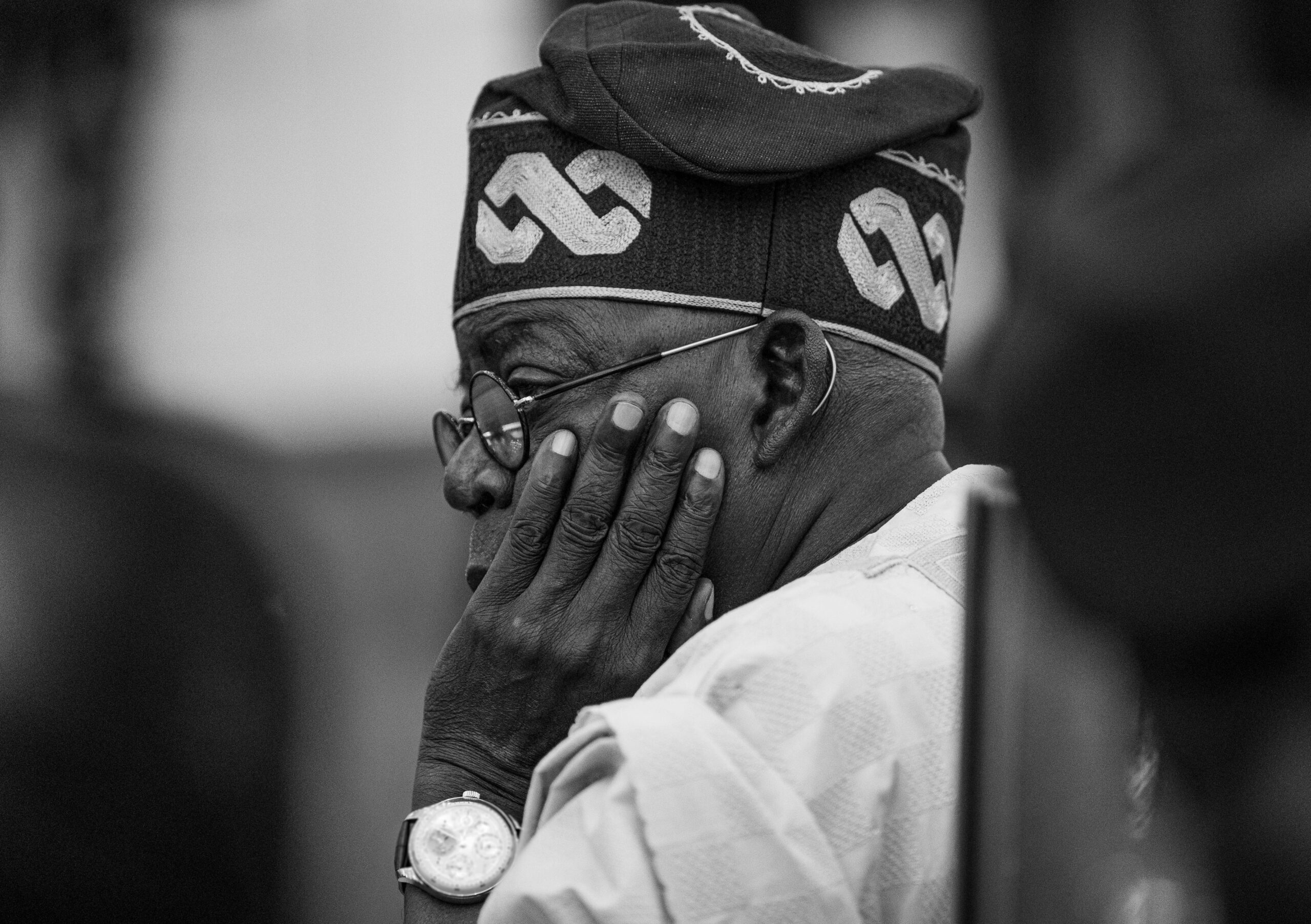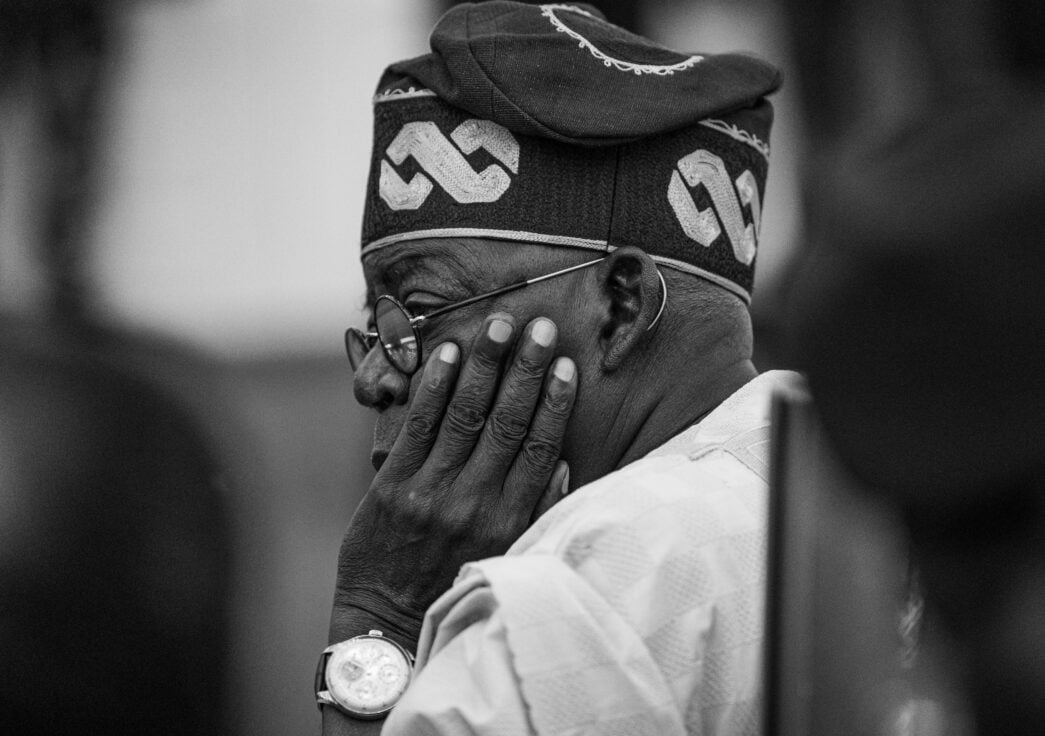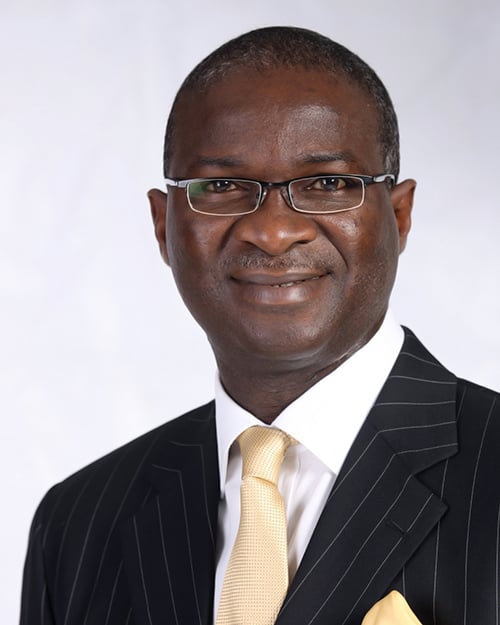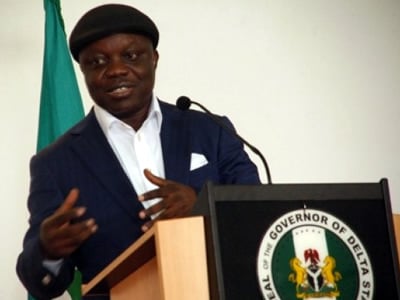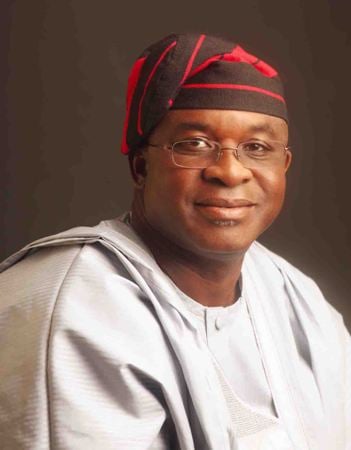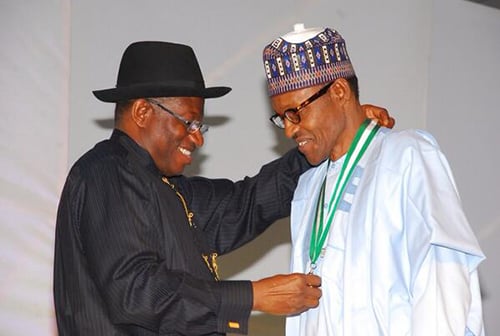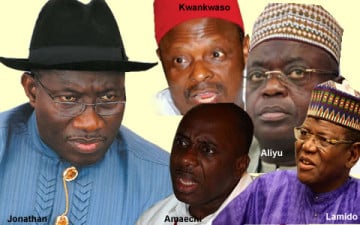Bola Tinubu
A panel of foreign policy and security experts has warned President Bola Tinubu that Nigeria’s insecurity cannot be solved by the United States or any external power.
Speaking on Thursday at a virtual policy roundtable organised by the Dele Momodu Leadership Centre, the panelists noted that the federal government must take full responsibility for confronting terrorism and repairing years of diplomatic negligence.
The panelists, including former senator Shehu Sani and a group of former diplomats and academics, said calls for US military intervention were misguided and historically baseless.
They noted that the federal government’s failure to manage its internal security structures and diplomatic engagements has left Nigeria exposed at a time when Washington is escalating its rhetoric.
Advertisement
Sani said the belief that the US could resolve Nigeria’s crisis was an “illusion”, adding that no foreign military has ever successfully solved another country’s internal security problems.
“There is no country in the world that went into another country to solve its internal security problems, especially terrorism, and succeeded,” he said.
He cited long-running foreign interventions in Libya, Syria and Iraq, noting that terrorism still persists in those regions despite decades of US military presence.
Advertisement
“America is in Libya — terrorism continues. America is in Syria — terrorism continues. America is in Iraq — terrorism continues. With all their military might, they have not solved the problems where they have been stationed for over 20 years,” he said.
“With all their military might, they have not solved the problems where they have been stationed for over 20 years.”
Sani also dismissed claims suggesting that Christians are being targeted in northern Nigeria, insisting that armed groups attack citizens indiscriminately.
“Bandits and terrorists do not discriminate. They kill Muslims, Christians — everyone. They burn down churches and mosques,” he said.
Advertisement
“If it were true that Muslims are killing Christians, someone like me should be safe everywhere in the north — but the bandits don’t spare anyone.”
He noted that Nigeria, once known for restoring stability in Sierra Leone, Liberia, Gambia, Darfur and Somalia, has failed to protect its own citizens.
“This is a country that restored peace in Sierra Leone, Liberia, Gambia, Darfur and Somalia — yet cannot protect itself at home,” Sani said.
‘GOVERNMENT IGNORED WARNING SIGNS’
Advertisement
Joe Keshi, a former permanent secretary in the ministry of foreign affairs, said Nigeria’s diplomatic troubles were largely self-inflicted and worsened by years of institutional decline.
He noted that the government ignored multiple warning signs, particularly when Christian lobbying groups and US lawmakers began amplifying allegations of religious persecution in Nigeria.
Advertisement
“When these groups were going to the House and Senate to make their presentations — not once, not twice — there was no effective response from the Nigerian government,” he said.
Keshi recalled averting a similar diplomatic crisis in 2009 by directly engaging US religious commissions, but said the present administration “took its eyes off the table”.
Advertisement
He added that Nigeria’s failure to appoint ambassadors for nearly two years deepened its vulnerability.
“For two years of this administration, we have been shouting: we need ambassadors. Nobody listened. Only when Trump made threats did government suddenly say it will appoint ambassadors,” he said.
Advertisement
Keshi said Nigeria must also be prepared to offer diplomatic concessions to defuse tensions.
“In diplomacy, you give something to get something. If the US needs help on the Gaza issue, there are roles Nigeria can play. We cannot keep saying no to everything,” he said.
‘NIGERIA HAS LOST REGIONAL RESPECT’
Bolaji Akinyemi, former minister of external affairs, said Nigeria’s global standing had deteriorated so sharply that even Chad — a country Nigeria has supported militarily and economically for decades — swiftly closed its borders during the current crisis.
“It is almost unthinkable that Chad, a country Nigeria has supported for decades, is shutting its doors against us. It is an embarrassment,” he said.
Akinyemi said President Bola Tinubu must confront the failings within Nigeria’s security establishment, especially the recurring allegations of collusion and failure to act on intelligence before attacks.
“The president should clean out people who continue to undermine our security forces. Communities have said they alerted the military before attacks, yet troops arrived only after the carnage,” he said.
He advised Tinubu to appoint an emergency council of eminent retired diplomats and dispatch them to Washington as special envoys within 48 hours, naming Emeka Anyaoku, Ibrahim Gambari and Joe Keshi as those whose experience would “signal seriousness”.
Wale Adebanwi, professor of African politics at the University of Pennsylvania, said Nigeria’s diplomatic tensions are inseparable from its internal governance failures.
He listed Emeka Anyaoku, Ibrahim Gambari and Joe Keshi among the people that Tinubu must rally round to engage Washinghton.
“You can constitute that body within 48 hours. You don’t need senate approval. Sending them to Washington would signal seriousness,” he said.
‘FOREIGN POLICY REFLECTS DOMESTIC REALITY’
Wale Adebanwi, professor of African politics at the University of Pennsylvania, said Nigeria’s diplomatic troubles are directly tied to its internal governance failures.
“Foreign policy is an extension of domestic policy. The fundamental problem is the objective reality of Nigeria’s security crisis, and the failure to manage it for nearly two decades,” he said.
Adebanwi urged the government to immediately appoint ambassadors to key global capitals, including Washington, London, Paris, Brussels and the United Nations, warning that merit must supersede political patronage.
“Someone hinted at the list being considered. A senior foreign policy expert told me, ‘If these are the people on the list, it may be better not to have ambassadors at all’,” he said.
Adebanwi warned that statements of solidarity from allies such as the European Union, African Union or China would not translate into military protection if the US decides to escalate.
“Verbal support will not translate into troops if Trump decides to escalate,” he added.
